5. Detroit (Kathryn Bigelow, 2017)
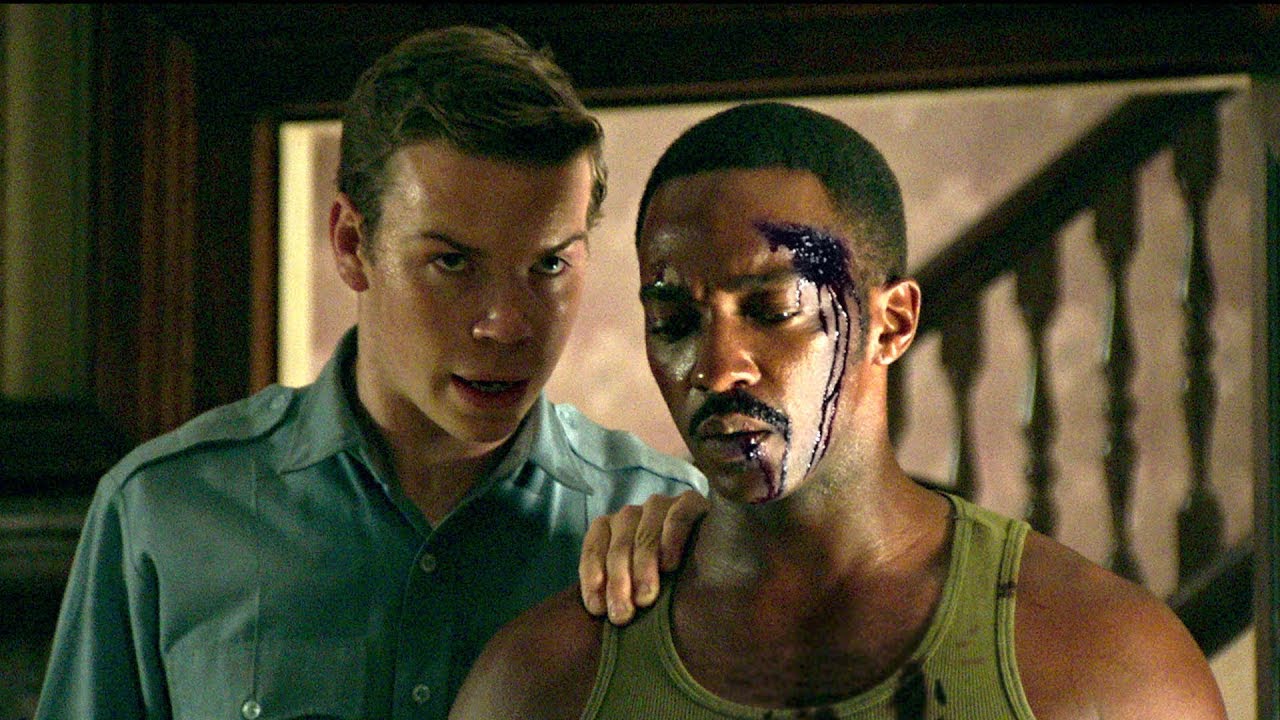
Apart from Sofia Coppola, Kathryn Bigelow is the other female director on the list to have won the best director’s award at Cannes, and in 2017 her latest film Detroit got quite a bit of attention. Bigelow is known for challenging stereotypes and representation and employing dramatic artistry in her films, which is something she successfully does once again.
There is a controversy around the presentation of the events in Detroit and how much it corresponds to the true story of the 1967 unrest in the city and the controversial investigation regarding gunshots at the Algiers Motel. But despite dramatization, the film is still extremely compelling and unapologetic in the presentation of the horrific event, shedding light on some social issues that still remain today.
4. Mudbound (Dee Rees, 2017)
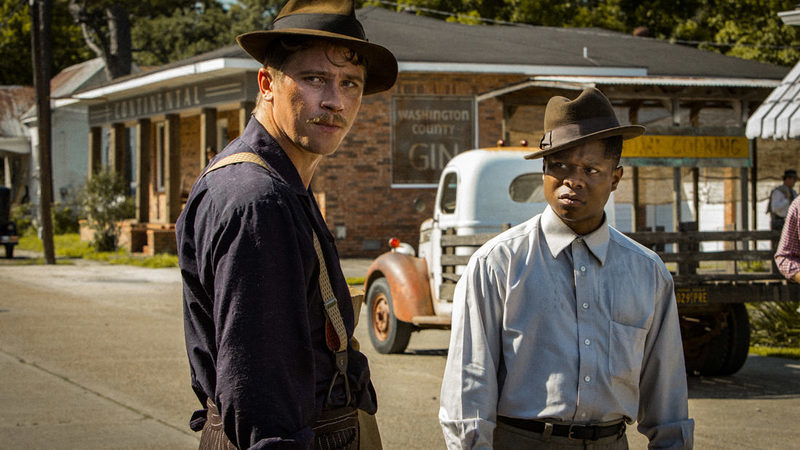
Mudbound is an outstanding historical drama both directed and written by Dee Rees. Despite being set in the second world war, the film’s themes have a strong attachment to the relevance in today’s world. The film revolves around two families working on one plot of land in Mississippi – the McAllen family who own the land and the Jacksons who help farm it. The war takes its toll on both families as poverty strikes and they are forced to rely on each other as difficult times commence. With both family’s older sons returning from the war events unfold forcing the two sides to bond despite McAllen’s racist family leader.
The film tackles PTSD as well as holding a strong stance against racism and showing unity amongst people in hard situations as well as portraying difficulty and problems that arise in marriage and within families.
3. Battle of the Sexes (Valerie Faris & Jonathan Dayton, 2017)
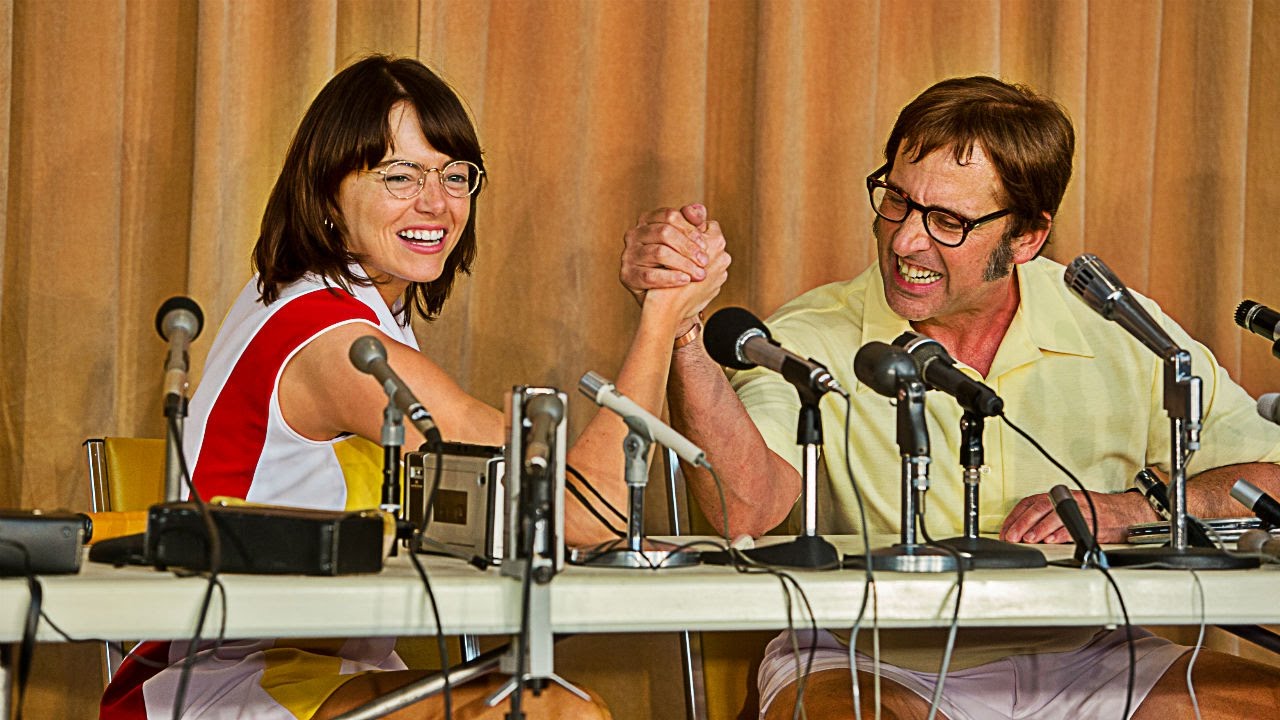
It is quite funny that a film all about the clash of the two sexes was in fact a project that united two directors of the opposite sex: Valerie Faris and Jonathan Dayton. But the duo created a wonderfully balanced movie, possibly helped by the fact that they are a married couple. The story they took on itself is a very female empowering one and particularly relevant to everything going on in the past few months.
Battle of the Sexes, although like most biopics, doesn’t stick one hundred percent to the original story, it portrays the legendary tennis match between Billy Jean King (Emma Stone) and Bobby Riggs (Steve Carell). The directors decided to take a more personal approach by focusing on the tennis stars’ personal lives without undermining the importance of the match itself and the events and views that surrounded it.
2. The Beguiled (Sofia Coppola, 2017)
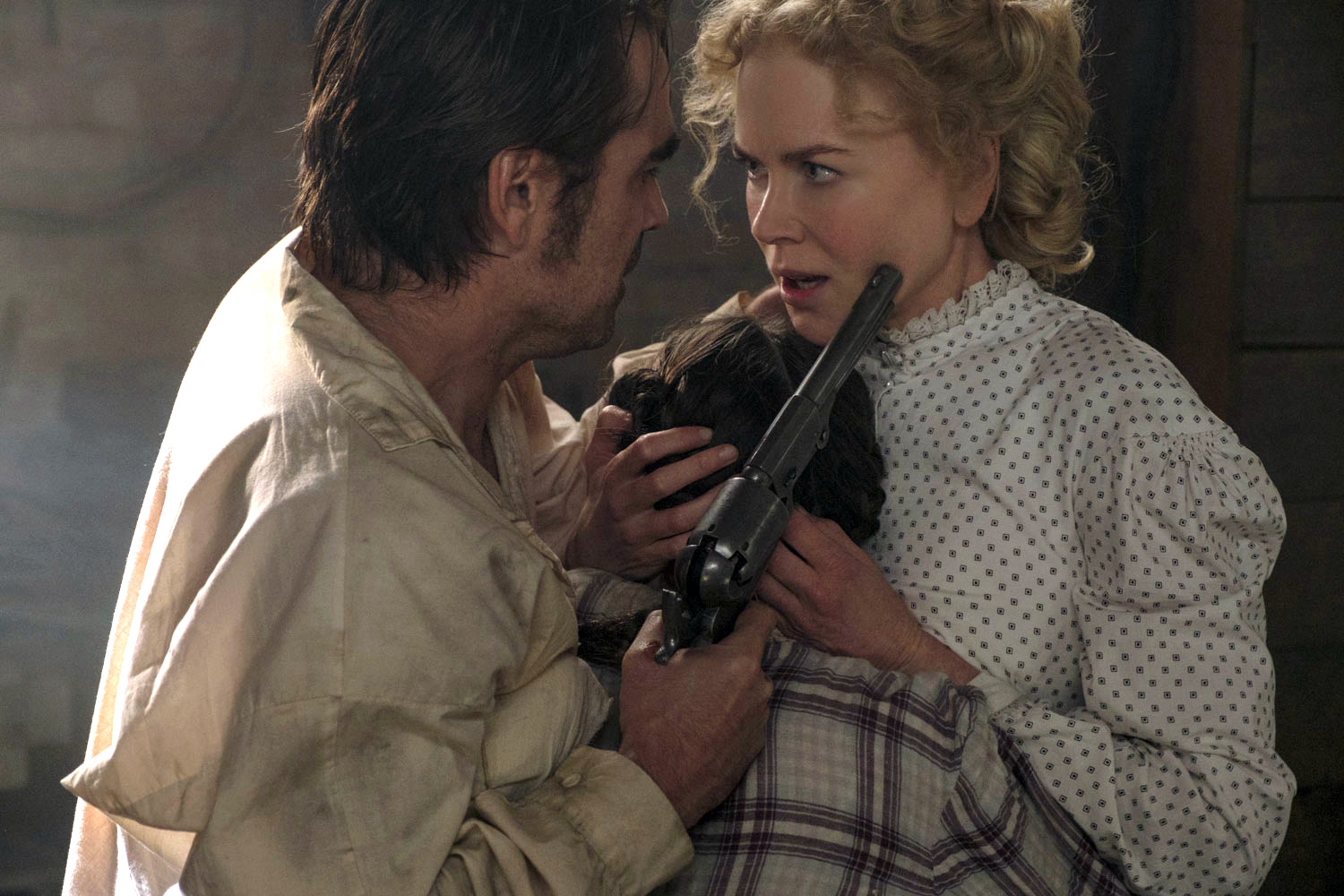
The Beguiled was not only a fantastic film and a huge success, but it won Sofia Coppola the best director award at Cannes, making her only the second woman to achieve such victory at the festival. The film has an incredible style, something the director is known for, and Coppola successfully brings out the best in her three actresses, Nicole Kidman, Kirsten Dunst and Elle Fanning, as well as Collin Farrell.
In the film, Coppola gives a feminist and feminine perspective to the thriller of the same name made by Clint Eastwood in 1971. Set during the Civil War, the story follows a Union soldier (Farrell) as he takes shelter in a women’s boarding school in the South. The male presence triggers sexual tension, turning the women against each other, and against their guest.
1. Lady Bird (Greta Gerwig, 2017)
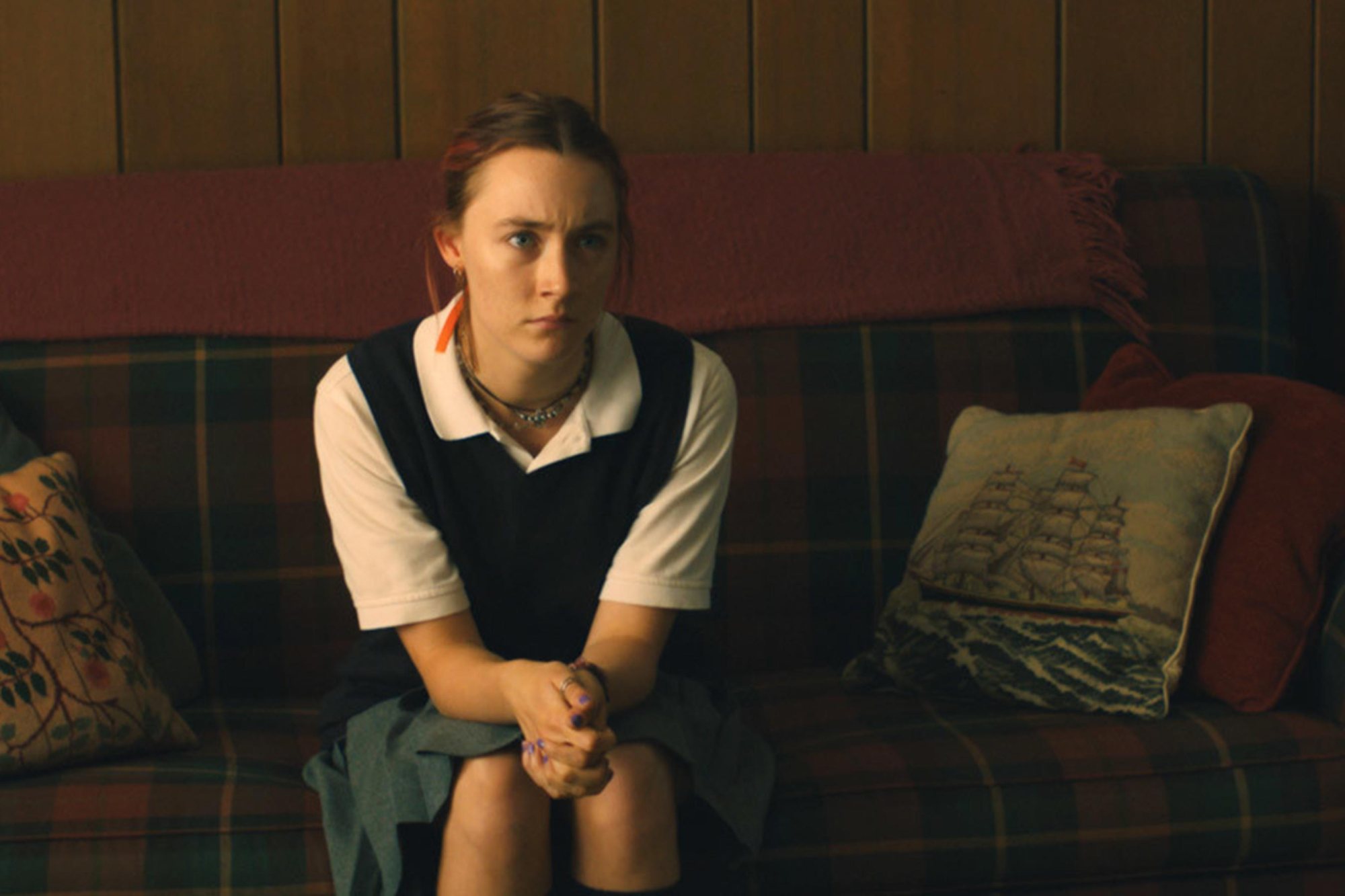
Any Gerwig fans would have been waiting for this moment for a very long time, as the actress finally took a shot in the director’s seat – and did not disappoint. Lady Bird has been a festival sensation, dominating the awards season and won its director a Best Director Oscar nomination. Lady Bird is as quirky as the director herself and is the perfect coming of age story filled with romance, relationships and the difficulties and realities of pursuing dreams.
The story follows teenager Christine (Saoirse Ronan) or Lady Bird as she prefers to be called through her last year of high school. Transitioning years being hard enough, Lady Bird is forced to face the harsh realities of her family’s financial situation that forces her to question her dream of moving to a big city, while going through her first relationships that have a bitter end, and trying to establish a connection with her difficult mother (Laurie Metcalf).
Author Bio: Polina is an aesthete and cinephile, devoted to using the arts to revive “sex, drugs and rock’n’roll” in hopes of loosening up the world by defying the unnecessary social restrictions. When taking time off her edgy crusade she can be found soaking in a bubble bath with a Dostoevsky novel.